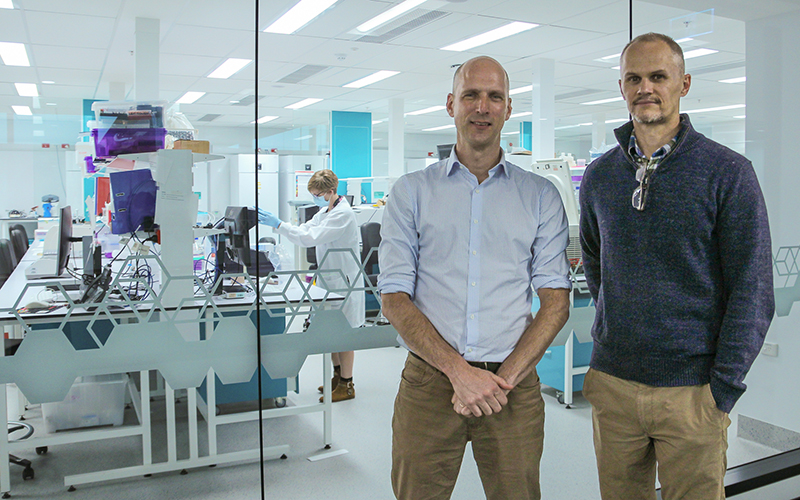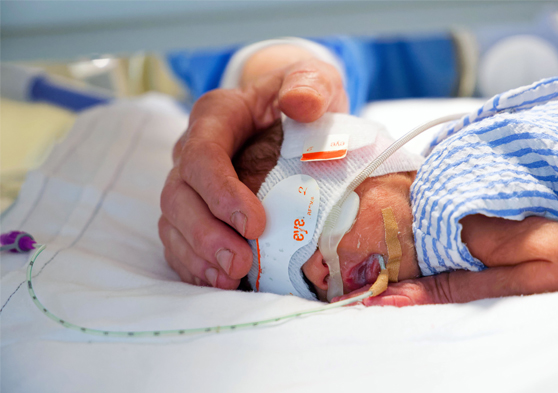Search

Researchers at The Kids Research Institute Australia and UWA will use a $500,000 CUREator grant to progress the development of the first cancer immunotherapy in a tablet.

A large-scale study of the epigenetic landscape of Indigenous Australians could help tackle chronic diseases faced by Aboriginal and Torres Strait Islander people.

The Kids Research Institute Australia, Perth Children’s Hospital Foundation and Perth Children’s Hospital have formed a strategic partnership to support the establishment and operation of the Wal-yan Respiratory Research Centre.

When Ballajura mum Filomena saw a callout to families to participate in a simple sore throat study to combat Strep A infections, she didn’t think twice.
The development of research partnerships is a priority for InterRett, with centres or clinicians with access to large numbers of patients with Rett syndrome.

Helping families to unlock the mental and physical health benefits of connecting with nature and community through outdoor play - easily, and locally.

ORIGINS sub-projects are investigating the best way to provide support to new parents and positively influence the health and development of their children.

To celebrate NAIDOC week we sat down with Isabelle Adams, the coordinator of The Kids Research Institute Australia's Kulunga Aboriginal Research Development Unit (KARDU).

The CIRCA DIEM Study is a clinical research study being coordinated by the Chronobiology Team at The Kids Research Institute Australia, who are based in Perth, Western Australia and involving research teams from around the world.

Project Manager
